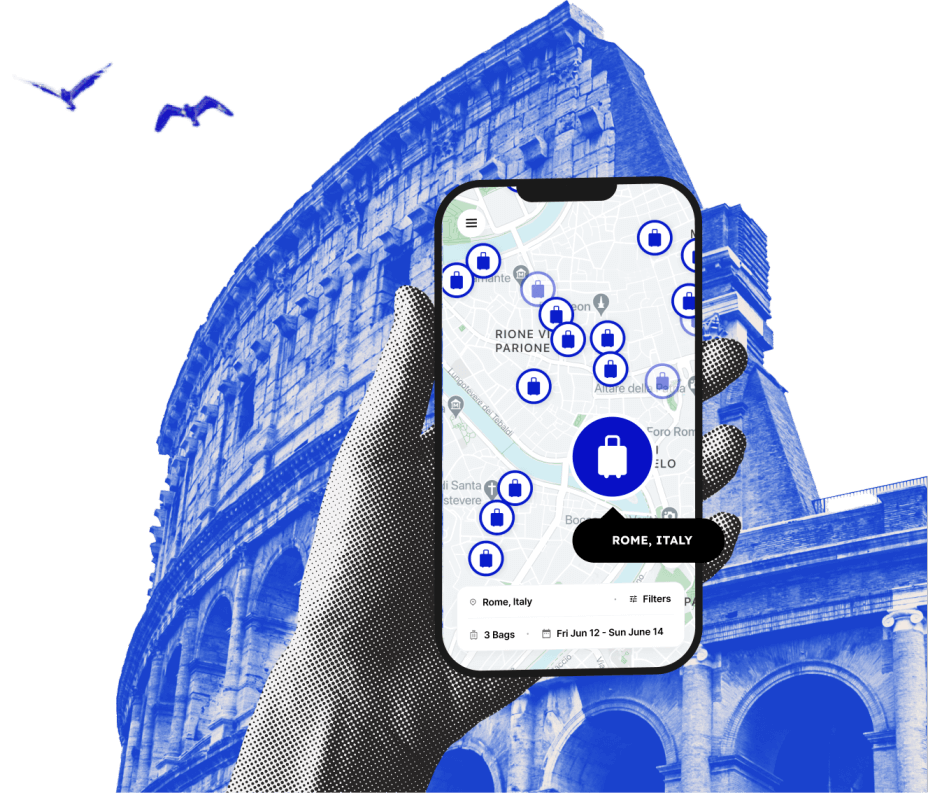The Best Time to Visit Vancouver 2024: the Ultimate Guide
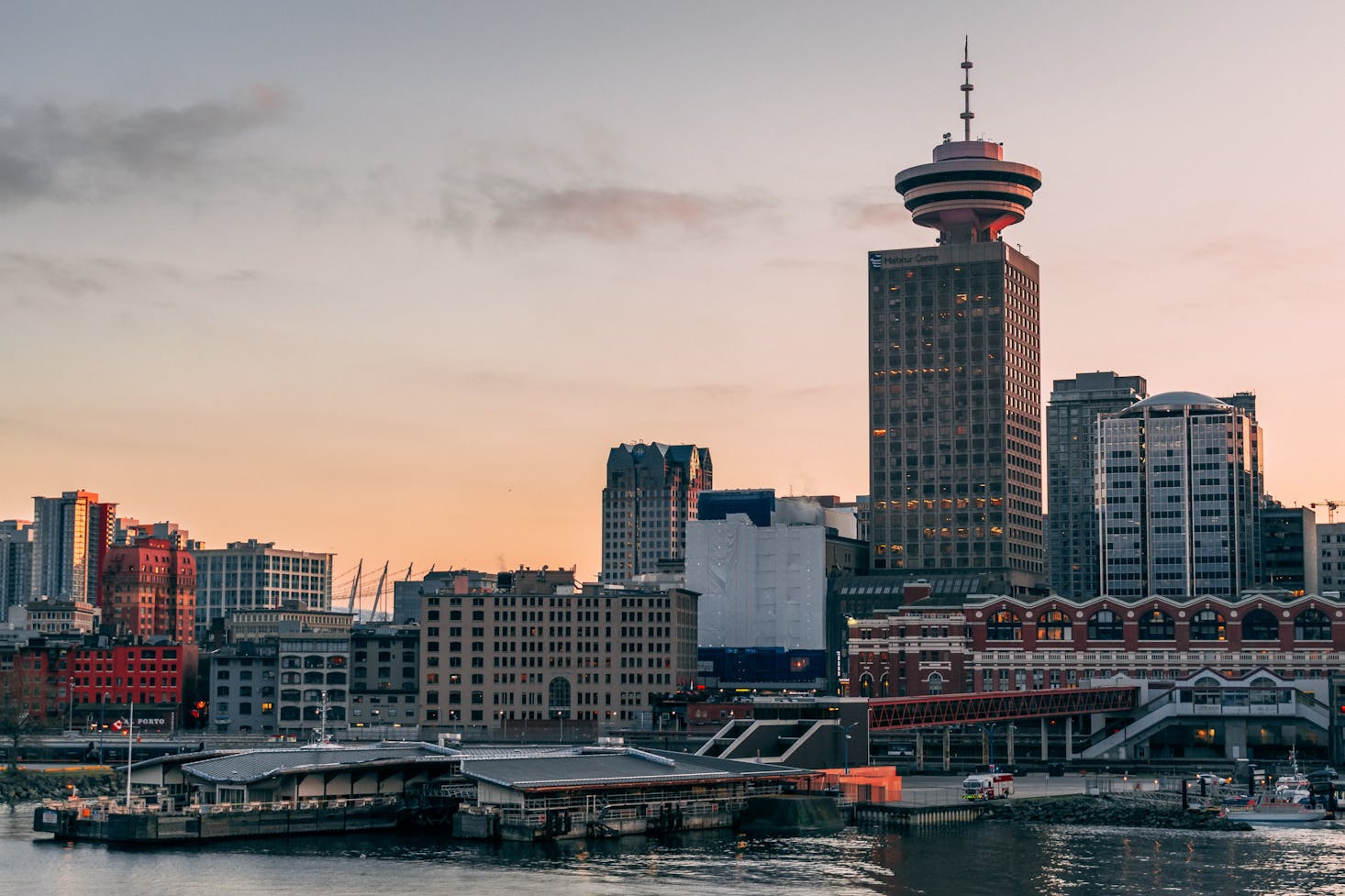
If you’re thinking of visiting Vancouver, you’re in for a treat. The best time to visit will depend on whether you like to bask on the beach or hit the slopes. Are you ok with crowds or do you prefer to venture out during the shoulder seasons when tourism is lower? In the summer, the weather is warm and sunny with occasional bouts of rain. There are plenty of things to do in Vancouver during this time, from sightseeing to shopping to soaking up the sun on one of its many beaches. The winter offers a chance to hit the ski resorts and experience what outsiders consider more typical Canadian weather.
The shoulder seasons of spring and fall are still great to get outside, although you should expect quite a bit of rain. If that doesn't bother you, you can enjoy fewer crowds and lower prices while still experiencing the scenic British Columbia city. Whether you're a nature lover, museum buff, or sports fan, there's something for everyone in Vancouver regardless of the season.
Before you set out to explore British Columbia and all it has to offer, consider dropping your bags at a Bounce luggage storage in Vancouver. There's nothing worse than schlepping your possessions while you try to enjoy a new and exciting city. And don't let the season stop you either, most people who have been to Vancouver would agree that just getting to see this amazing city is worth the trip - even in the rain.
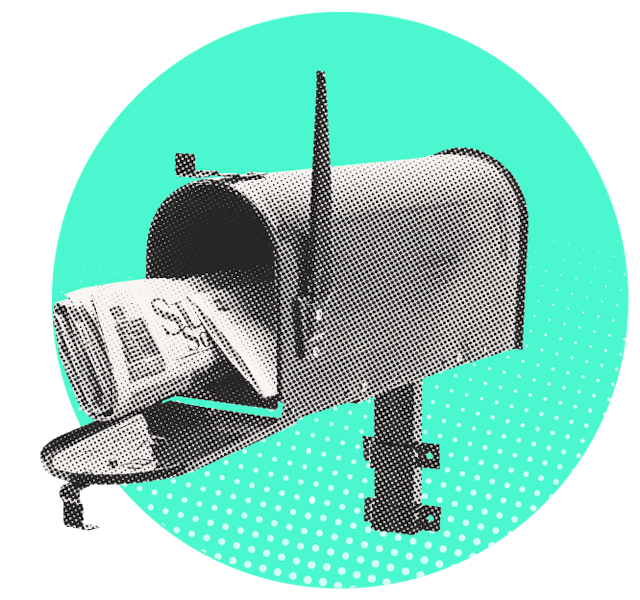
Love discounts and traveling?
Sign up for our newsletter and get 10% off your next booking.
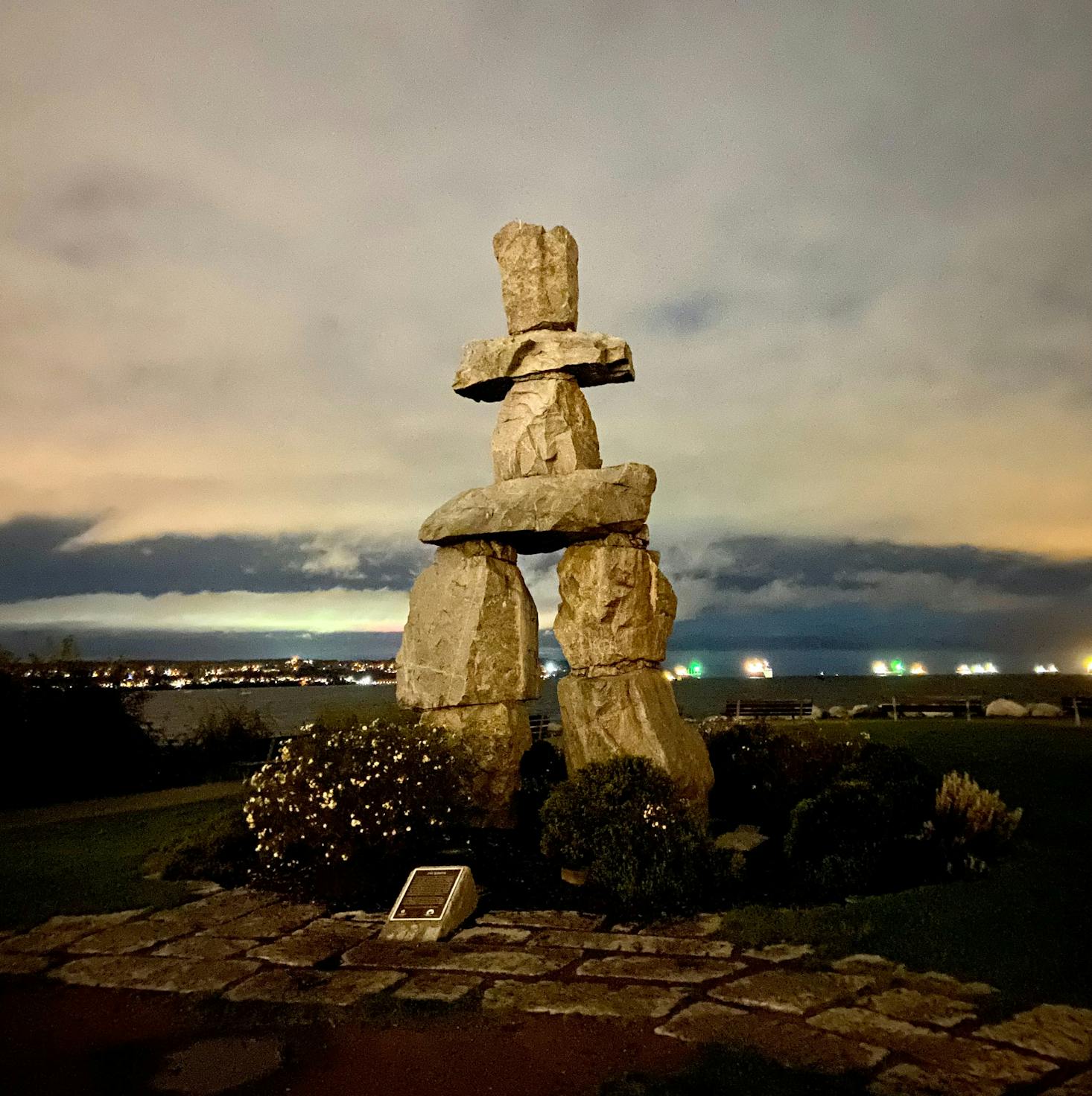
Summer in Vancouver: June - August
One of the main highlights, when you visit Canada in the summer, is the abundance of outdoor activities. Vancouver is passionate about music festivals, block parties, and other al fresco events that are best planned in the summer months when the chance of a rain delay is minimal. The weather is pleasant with an average high around 75°F (24°C) and typical lows around 60°F (16°C). Heatwaves notwithstanding, the summer in Vancouver allows tourists to be outside most days without getting wet or being too hot or too cold.
You can expect to wander through the sights of downtown Vancouver in shorts and a t-shirt, but your bathing suit should be left for a dip in the pool or getting a tan. Southern British Columbia beaches, even in the summer months, offer chilly waters that present a great way to cool off during a heatwave, but otherwise dipping your toes is enough.
For music lovers, the summer months are the best for events like the Vancouver International Jazz Festival. The Vancouver International Jazz Festival is one of the biggest music events in the city and takes over venues all across Vancouver. If you love jazz, then this is a can't-miss event! Past festivals have included big names like Herbie Hancock, Kamasi Washington, and Snarky Puppy. Food trucks and street food festivals pop up in the Lower Mainland pretty much every weekend, and fireworks, a family-friendly event, always has a big turnout.
Summer is the ideal season to visit Vancouver primarily for the chance to experience the outdoors in this picturesque city surrounded by the Pacific Ocean and beautiful mountains on the North Shore. Within the city itself, you can wander around downtown Vancouver, stroll through the majestic Stanley Park, and shop til you drop on Robson Street or at Granville Island.
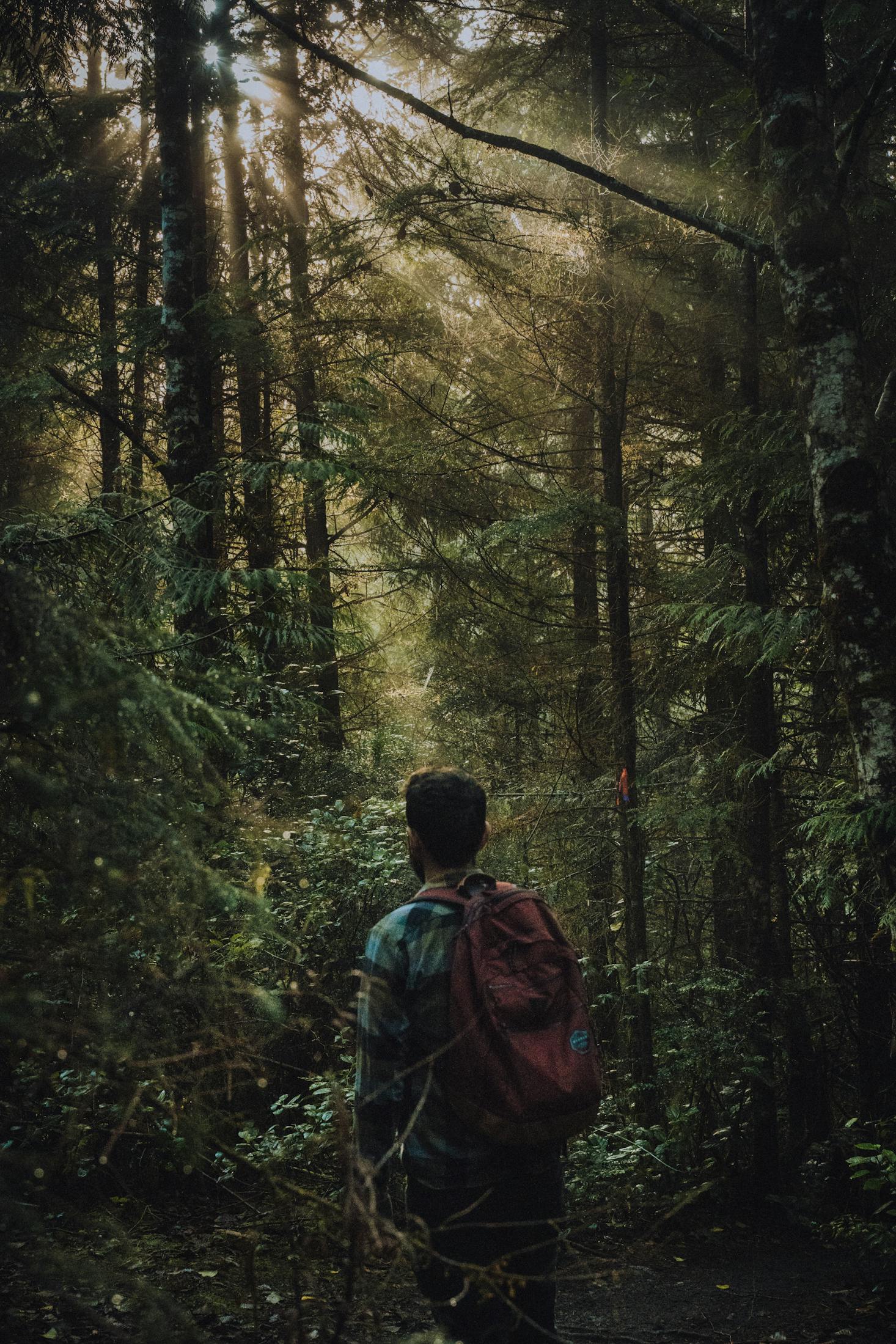
A trip on the ferry to Vancouver Island is a must in the summer to appreciate the scenery, but since summer is the peak season for ferry travel, make sure you make a reservation in advance, especially on long weekends. Watch out for whales as you cross the Straight of Georgia to either Victoria or Nanaimo. And if you can get in some camping on your trip, there are few greater places than southern British Columbia and Vancouver Island.
The only downsides to visiting Vancouver in the summer are the crowds and the cost. Hotels will be more expensive and this is the peak tourism season so there's no chance to have any of the great attractions to yourself. As mentioned, ferries are packed, campsites are usually full, and getting a drink on a patio can require a long wait or advanced reservations.
Fall in Vancouver: September - November
Rains start to increase in Vancouver during September, and by October and November, rainfall is pretty consistent, and you can generally expect it to rain half the time. That said, Vancouver is still an incredibly beautiful place to be during the fall months. The leaves start to change color in October, creating a stunning landscape of reds, oranges, and yellows, and many trees stay green year-round. And while the weather may be wet, it's typically not too cold - perfect for exploring all that Vancouver has to offer. The average temperature in September, October, and November in Vancouver hovers around 50°F (10°C) so you'll need a light jacket at the very least. In November the temperatures can dip well below this so a thicker coat is recommended. And, given all the rain, that jacket should definitely be waterproof.
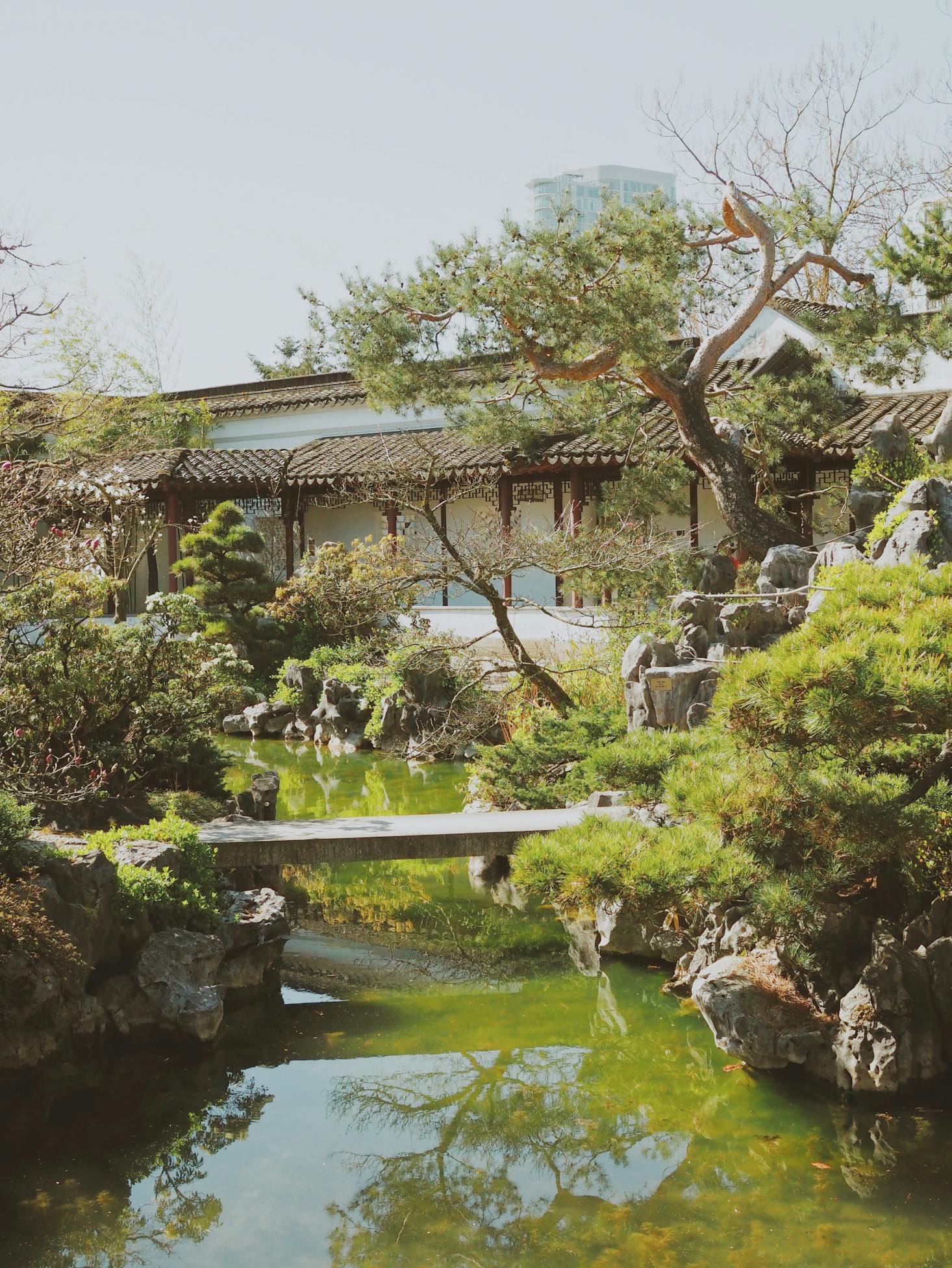
Don't let the threat of rain turn you off a visit to Vancouver in the autumn. Vancouver knows it's rainy in the off-season and offers plenty of things to do inside and away from the elements. Or, you can brave the elements and go whale watching usually until October, and you might even luck out and get a sunny day. Because, generally, half the days will be pleasant enough at this time of year.
Fall is a wonderful time to visit the Vancouver Art Gallery to escape the rain, browse the many downtown Vancouver boutique shops, and marvel at the Vancouver Aquarium.
The benefit to the threat of rain during the fall is that many tourists opt-out of visiting Vancouver, and you'll have much more breathing room on the beaches, in the parks, and on the ferries. Early fall is also a great time to visit the Okanagan Valley famous for its drier weather and fruit orchards as far as the eye can see. With all that fruit comes wine, and the three to four-hour drive becomes even more worth it when you can do a proper wine tasting in wine country.
In October and November in both Squamish (a little less than halfway to Whistler) and along the Fraser River in the Fraser Valley near Chilliwack, the areas receive an influx of bald eagles who are there to feast on salmon. The eagles might be a little soggy, but the photos you'll get of dozens of eagles in the same shot will be priceless. You may also glimpse a bear along the side of the Sea to Sky highway or at least evidence of one on a North Shore hiking trail.
So if you don't mind a little rain, autumn is definitely a great time to visit. Just make sure to pack your raincoat and umbrella.
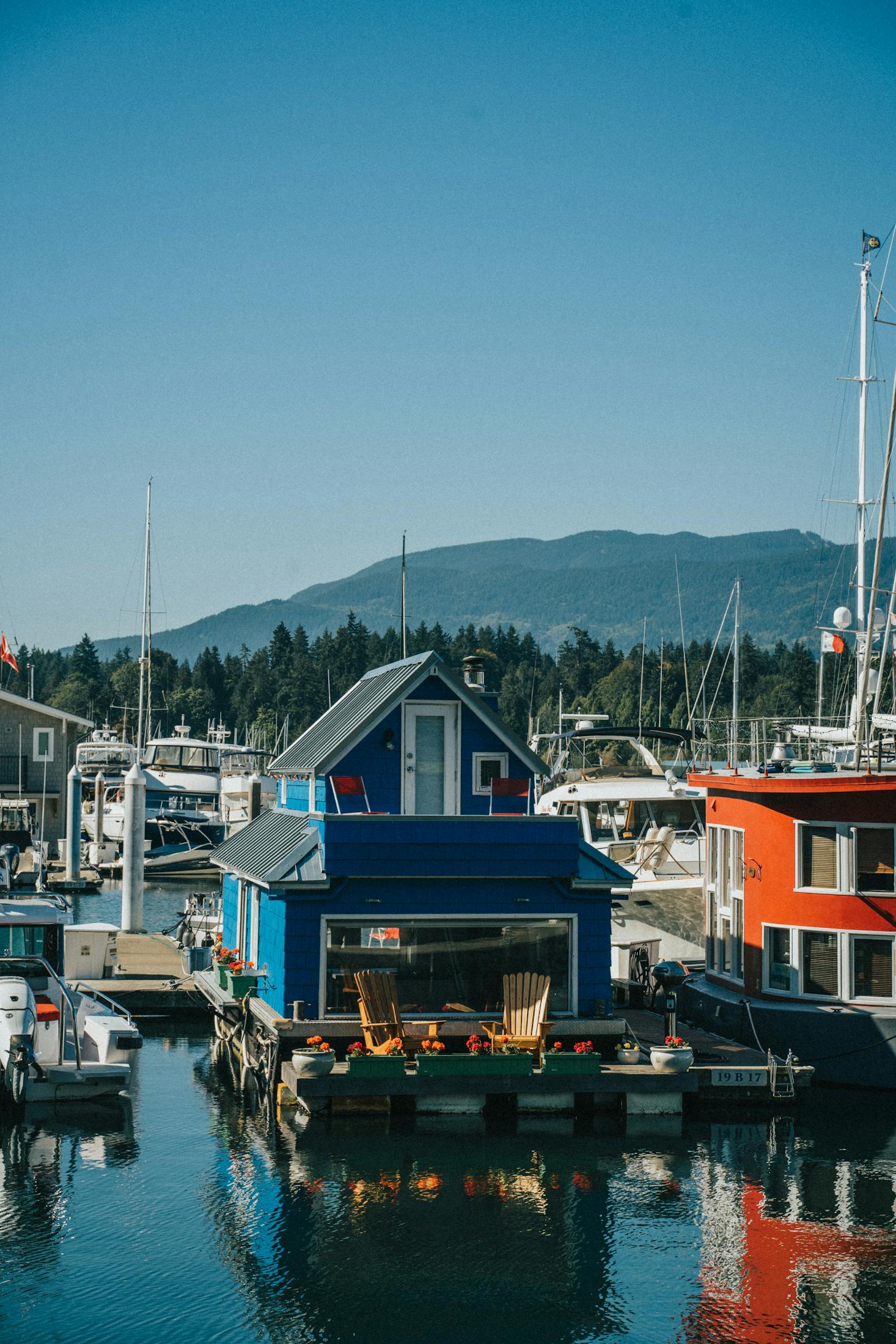
Winter in Vancouver: December - February
December is when Vancouver is considered a true winter destination, although the city itself generally sees more rain than snow even in winter. A light dusting in the city center happens periodically, but to get that winter wonderland feeling, you'll need to escape the city to North Vancouver and the peaks of Grouse Mountain, Seymour Mountain, and Cypress Mountain. If you are feeling adventurous, you can also cruise the Sea to Sky highway to Whistler for world-class skiing and accommodations. Each of these places is heaven for winter sports lovers with snowshoeing, sledding, and even sleigh rides in some cases in addition to skiing and snowboarding.
Winter months are a great time to explore the great outdoors with fewer crowds than summer. A walk through Stanley Park is always possible, even in the colder weather. Chances are, you won't be plagued by snow in the downtown Vancouver park, even in the height of winter.
If you choose to be in Vancouver in December, you'll benefit from the city's holiday spirit. There are Christmas markets throughout the city, and some continue into early January. Winter is also a great time to visit indoor attractions like the Vancouver Art Gallery and other covered popular attractions.
In the winter, you can also head to Vancouver Island, especially Tofino, for storm watching on the exposed west coast of the island. Also popular with surfers in the summer, the area around Tofino and Ucluelet will be significantly less busy and many hotels offer storm watching packages to entice you.
Not including Whistler, hotel prices will be a bit lower in the winter, and lift tickets to Grouse Mountain and other local hills drop as you get further into March when the ski season is ending.
Aside from the colder temperatures and higher chance of rain than in the summer, another drawback of the winter months in Vancouver is the lack of wildlife. There are virtually no whale-watching opportunities and the bears have long retired for the winter.
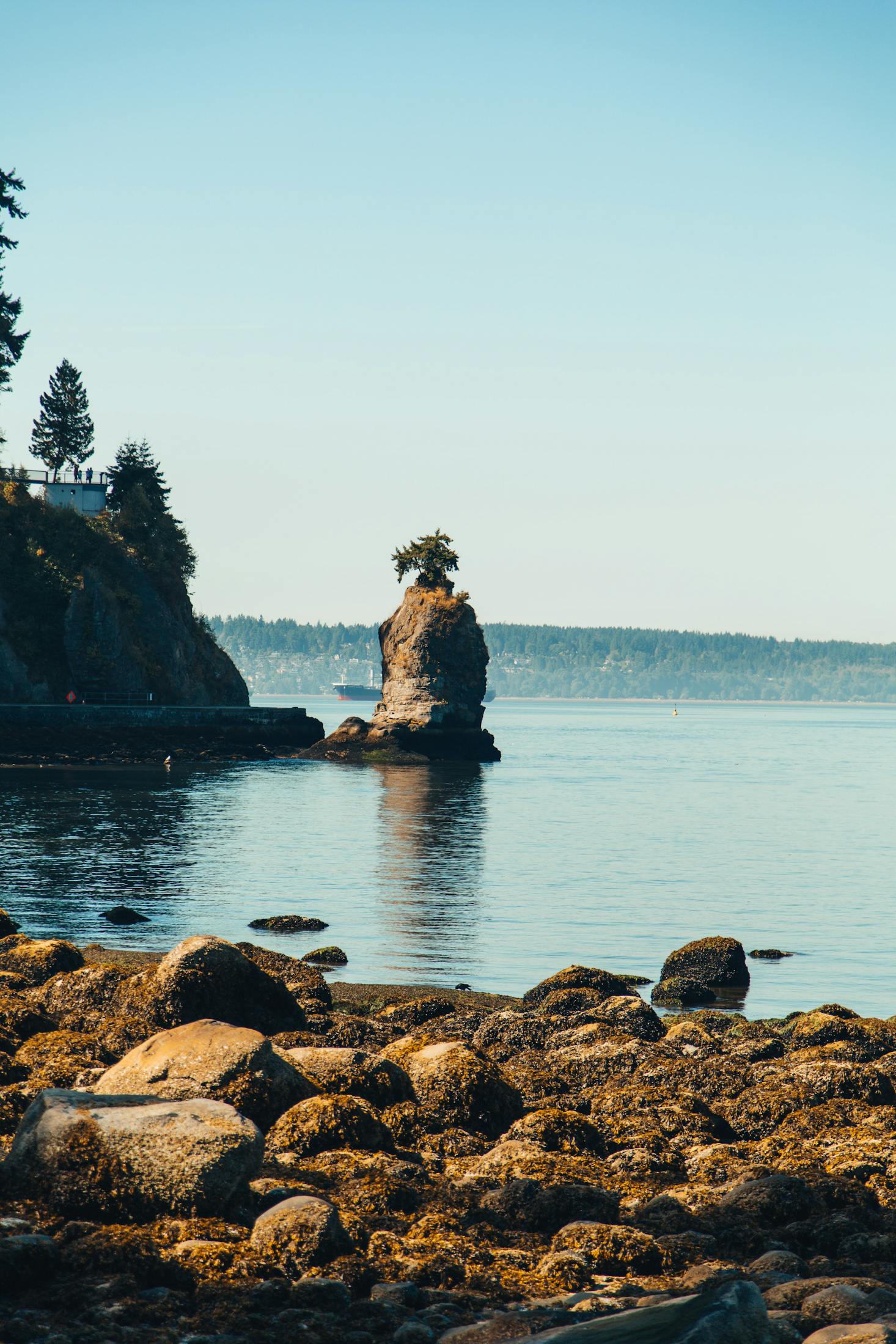
Spring in Vancouver: March - May
Spring in Vancouver is when tourists and locals get to see the benefits of the ample bouts of rain from the fall through winter. Everything is green and sprouting, and this is the ideal time to see the cherry blossoms throughout the city. But, don't be fooled, you can still get days of rain in this shoulder season, too. Keep that rain jacket handy - you'll need it.
Spring temperatures in Vancouver hit up to 65°F in May (18°C) and this is a big swing from March when the typical highs reach about 50°F (10°C). Regardless of which spring month fits best with your travel itinerary, you'll need to pack clothes for most seasons as the variety of weather is high. Pack and wear layers to stay warm in the morning and evening and especially in May, a t-shirt will be warm enough during the late morning and afternoon.
Spring in Vancouver, BC boasts many festivals as locals emerge from their winter hideouts and it's a great time to go on food tours, wine tours in the Okanagan, and visit the many Vancouver area parks. The Capilano Suspension Bridge is a particular favorite as the water below it that flows off the North Shore mountains is raging from the spring thaw. Lynn Canyon also has a similar suspension bridge that's nearby and totally free.
Tourists to Vancouver in spring will benefit from fewer crowds and will still be surrounded by the Lower Mainland's natural beauty. This is an ideal time to get a car rental and cruise the Sea to Sky highway looking for wildlife. The bears will be emerging and you can often spot one or two along the side of the road. Hotels in Whistler will be significantly cheaper than in the winter.
The one downside to a visit in spring is again, the weather. There's still a higher chance of rain than in the summer and you'll need to pack many outfit options to accommodate the swings in both temperature and conditions.
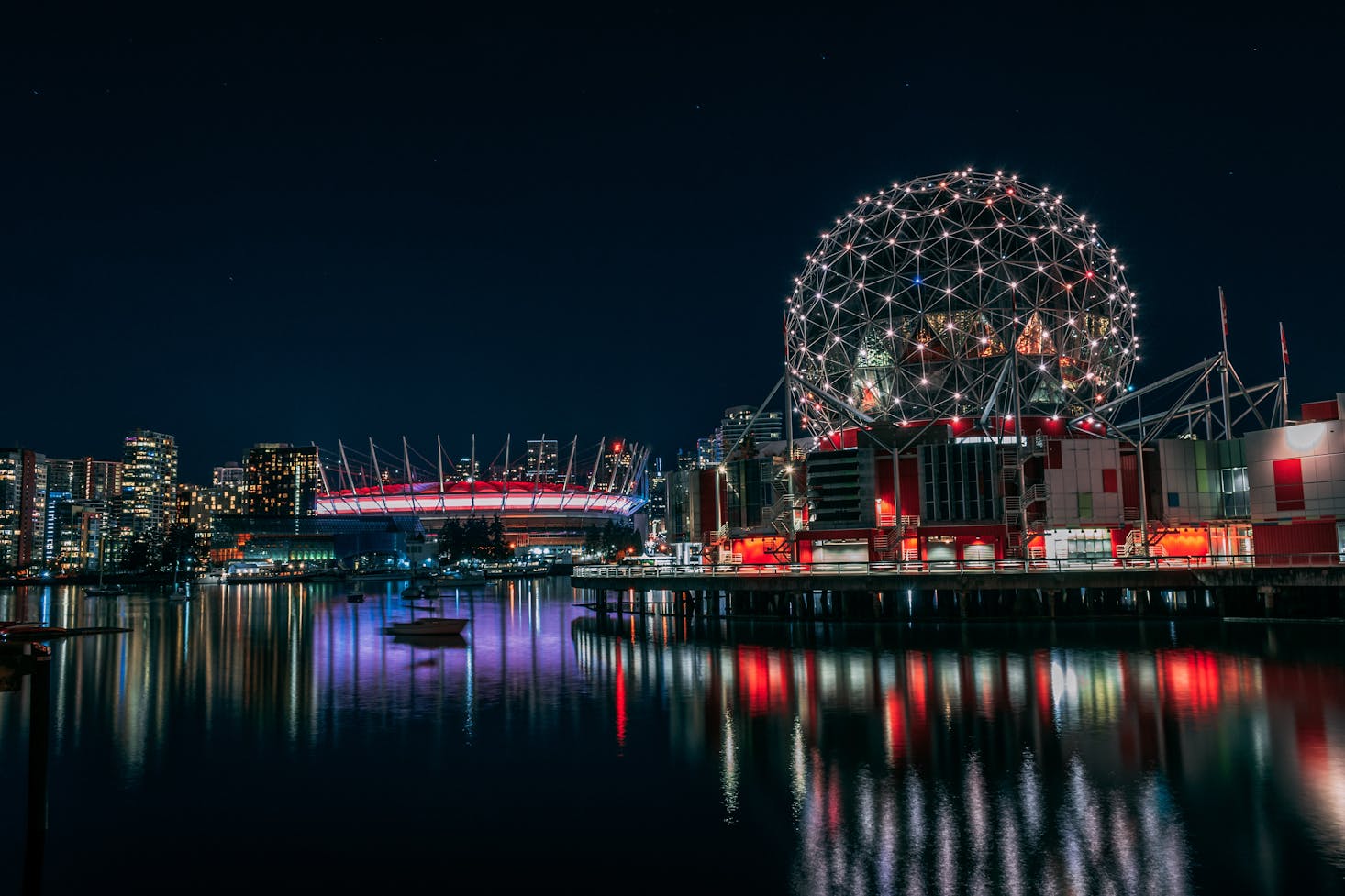
Conclusion
Any time is a good time to visit British Columbia and the city of Vancouver, and the best time to visit will depend on your favorite activities, your threshold for crowds, and your budget. Winter is fabulous if you like winter sports and Christmas markets, and both fall and spring benefit from an abundance of wildlife and fewer tourists and therefore an easier travel experience. Summer is the height of the tourist season in Vancouver, but generally, it's for a good reason. The weather is favorable, the beaches are hotspots, and the outdoor activities, attractions, and festivals are countless.
If you visit Canada, a trip to Vancouver is a must for the beautiful scenery, world-class museums and other attractions, and seemingly endless opportunities for wildlife and outdoor fun.

Love discounts and traveling?
Sign up for our newsletter and get 10% off your next booking.
